Are you a computer programmer? Are you worried that AI could take your job away from you? With the rapid advancement of technology, it can be difficult to keep up and feel secure in one’s career. The fear of losing jobs to AI is becoming increasingly real as automation takes over more tasks traditionally done by humans.
This article will explore the risk of Artificial Intelligence stealing your job as a computer programmers and examine ways you can protect yourself against this threat. We’ll look at how AI might replace coders and what measures you can take to ensure your livelihood is not put at risk. Finally, we’ll discuss how embracing emerging technologies instead of fighting them may help create new opportunities for those who are willing to embrace change with an open mind.
No matter where you stand on this issue, it’s important to stay informed about the potential risks associated with Artificial Intelligence taking over certain roles so that you don’t end up unemployed due to sudden changes in the job market. So let’s dive into this topic and see just what kind of danger lies ahead!
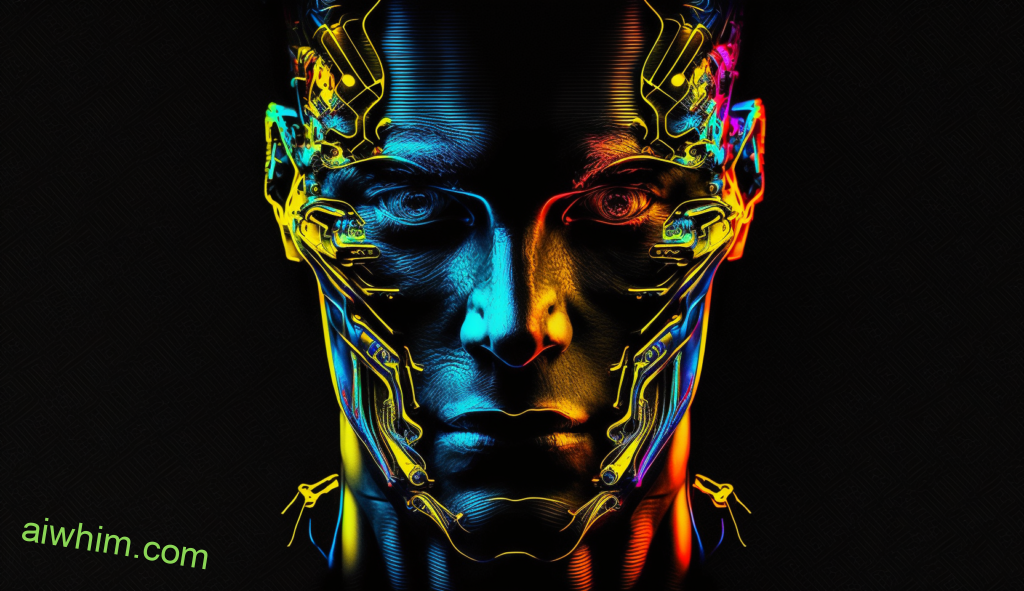
You may also be interested in this article discussing the impact of ChatGPT on coding jobs.
Definition Of Artificial Intelligence
At its core, artificial intelligence (AI) is a blanket term that covers a range of technologies and processes. It is often used to describe the ability for machines or computers to learn, think and act like humans do. From machine learning and natural language processing to deep learning and robotic process automation, AI has revolutionized how many industries operate.
The concept and use of AI have been around since the 1950s but it wasn’t until recently that we saw major advancements in this technology due to increased computing power combined with big data analytics capabilities made possible by modern cloud computing platforms. With these advances came an explosion of new applications that are able to automate tasks which were previously done by people – ranging from simple customer service interactions through to complex autonomous driving systems.
The growth in AI applications across so many different fields shows no signs of slowing down anytime soon, raising questions about what this means for jobs traditionally carried out by humans.

Potential For Automation In Computer Programming
With the ever-evolving automation technology, there is no doubt that computer programming could be automated. AI automation systems have already been implemented in various industries and they are becoming increasingly commonplace. The potential for these systems to take over certain aspects of a programmer’s job is real.
One example of this type of automation system comes from Microsoft Azure DevOps which provides users with intelligent workflows that can automate many tedious tasks associated with coding, such as debugging and code refactoring. This sort of automation technology has made it easier than ever before to produce quality software quickly and efficiently. Additionally, other companies like Amazon Web Services and Oracle Cloud offer their own versions of automation tools for developers who want to increase productivity or simplify processes.
The introduction of AI into the industry does raise some concerns about job security for programmers though. Although it may not completely eliminate the need for human beings in the profession, there will likely be a shift towards increased reliance on machines as time goes on. Therefore, those working in computer programming should make sure to stay up-to-date on all new developments in order to remain competitive in an automated world.
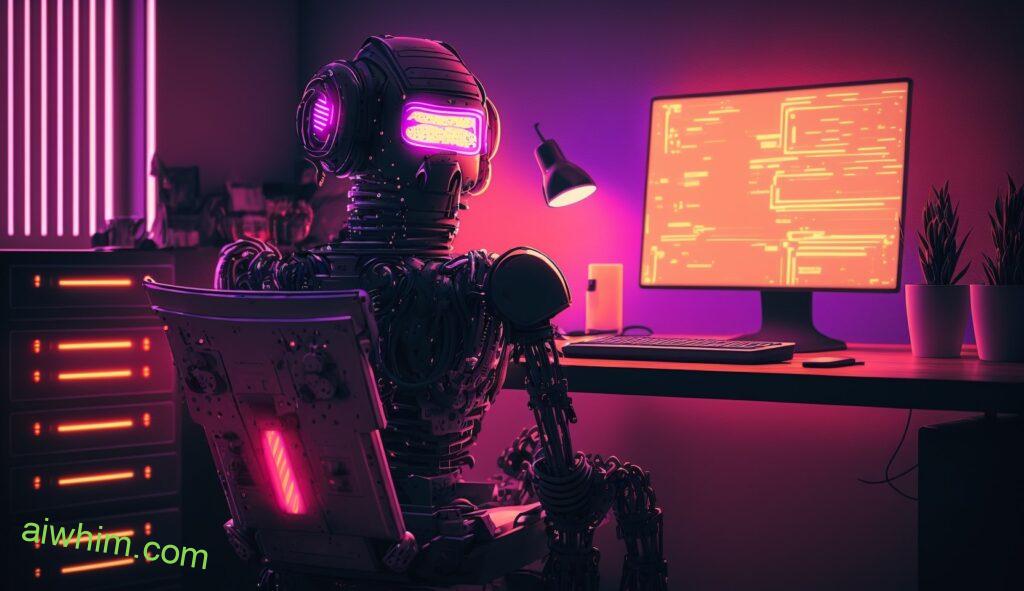
History Of AI In The Workplace
The history of AI in the workplace is like a rollercoaster, with robots and automation taking us on an ever-changing journey. For many employers, AI has been seen as a way to boost productivity while cutting costs. But this hasn’t always gone smoothly. In the past decade or so, there have been some serious bumps along the track that have made employees feel uneasy about their future prospects.
In recent years, companies have started to use more sophisticated forms of AI such as machine learning and natural language processing (NLP) which are designed to automate tasks previously done by humans. This can help businesses become more efficient but it also raises questions over job security for those employed in roles likely to be impacted by these technologies.
A number of studies suggest that while certain jobs may be lost due to automation, others will open up if we invest in skills training and retraining programs for current workers. If successful, this could provide long term stability for both employers and employees alike. What’s clear though is that the relationship between technology and workforces is constantly evolving – making it essential for organizations to stay ahead of the curve when it comes to implementing new systems and managing change in order to achieve success.

Advantages Of AI For Businesses
AI automation has become increasingly popular in the business world due to its potential for cost savings, improved productivity and customer satisfaction. AI can automate mundane tasks that people used to have to complete manually, freeing up time for employees to focus on more important aspects of their jobs. This leads to improved efficiency, allowing companies to better serve customers and increase profits.
Furthermore, AI has been shown to help businesses identify new opportunities quicker than ever before by analyzing large amounts of data quickly and accurately. By taking advantage of this technology, businesses are able to stay ahead of trends and make informed decisions faster than they could without it. Additionally, AI can be trained over time to perform complex activities like sorting through emails or providing customer service – tasks that would normally require a human being but may now be done with computer algorithms instead.
In short, there is no denying the fact that AI provides numerous advantages for businesses looking to optimize operations while reducing costs and improving productivity levels at the same time. Companies who embrace this technology will undoubtedly benefit from enhanced insights into customer behavior as well as increased efficiency across all departments. As such, forward-thinking organizations should look towards incorporating AI automation into their existing infrastructure if they wish to remain competitive in the modern business landscape.
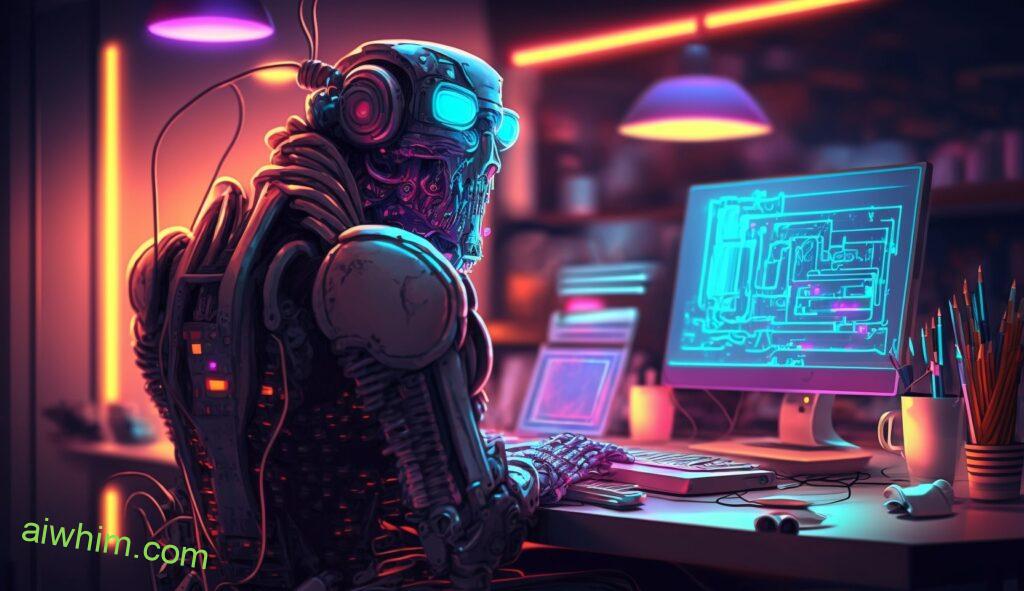
Disadvantages Of AI For Businesses
As AI technology advances, it’s becoming increasingly difficult for businesses to ignore the potential advantages or sidestep the looming disadvantages. Businesses considering investing in AI systems must also consider cost implications, data privacy concerns, training resources needed, and talent acquisition demands associated with its implementation.
The cost of implementing an AI system can be significant. Organizations need to purchase hardware and software components as well as pay for support services such as integration consulting, installation costs, maintenance fees, upgrades and customization options. The expense may not outweigh the benefits if there is no clear ROI (return on investment) from the project. Companies should carefully evaluate their budget before committing to a costly venture like this.
Data security is another major concern when dealing with artificial intelligence systems since these programs are often tasked with handling confidential customer information or sensitive corporate data. Companies need to ensure that they have adequate safeguards in place to protect against unauthorized access or manipulation of their data by malicious actors. They should also develop policies outlining who has access to what type of data and how it can be used within the organization. Additionally, companies may face legal ramifications if they fail to comply with certain regulations related to protecting consumer data or using personal information without permission.
Businesses must also invest time and resources into training personnel on how to effectively use an AI system once it is up and running; otherwise employees won’t get the most out of it nor will they understand how best to troubleshoot any issues that arise along the way. Furthermore, hiring qualified personnel capable of managing such a complex system adds yet another layer of complexity—and cost—to many businesses’ operations which could put them at a competitive disadvantage over those organizations that don’t implement AI solutions due to financial constraints or other factors beyond their control.
It’s important for businesses interested in utilizing Artificial Intelligence technologies within their operations weigh all pros and cons carefully before proceeding down this path — failure do so could result in more harm than good in terms of both finances and reputation!

Impact On Employment Rates
With the advent of AI, it has become increasingly clear that its potential to impact employment rates is tremendous. From automation risk to job displacement, there are multiple areas in which AI can reduce the number of jobs available and cause major disruptions in our economy. As we enter into a digital age, understanding how this technology will affect employment opportunities should be considered carefully by businesses and individuals alike.
Here’s 5 ways AI could potentially have an effect on employment:
- Automation risk – The increased use of robots and other automated systems could lead to massive job loss for humans as machines take over their roles
- Job displacement – With artificial intelligence taking over certain tasks traditionally done by human labor, many people will find themselves pushed out of the workforce due to no fault of their own
- Digital age – More industries are transitioning from manual processes to digital ones requiring fewer workers than before
- Increased competition – Companies may start relying more heavily on machine learning algorithms instead of hiring new employees, making it harder for job seekers to secure positions
- Economic downturns – In times of recession or economic crisis, companies tend to prioritize cost cutting measures such as automation rather than hiring more personnel
These risks associated with increasing reliance on AI suggest that employment rates could suffer significantly if not managed properly. It’s important that decision makers consider both short and long term effects when implementing these technologies while also finding solutions that would minimize any negative impacts they might have. Without proper regulation, we may see a future where unemployment rises drastically despite advances in technology.
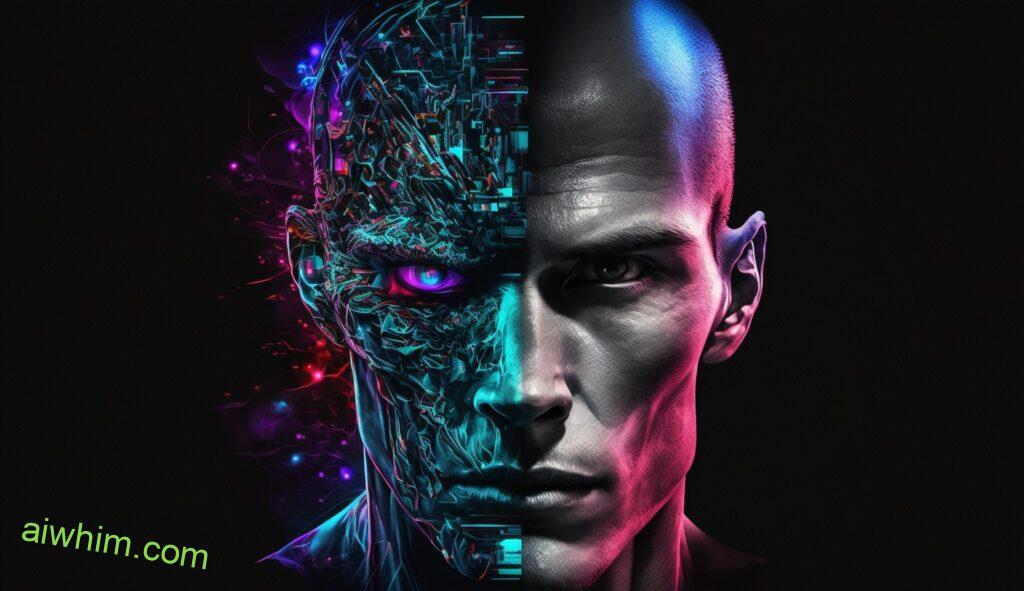
Skills Needed To Stay Relevant In A Digital Age
As technology advances, there is an ever-increasing need to stay informed and develop certain skills in order to remain competitive. But how can we do this? What are the essential skills needed to thrive in a digital age?
Digital literacy is a must for anyone who wants to keep up with modern trends. This includes understanding various types of software programs, such as word processing, spreadsheets, databases, etc., being able to navigate online platforms, and utilizing social media for communication purposes. Automation skills are also important for staying ahead in the job market; automation helps streamline processes, reduce costs and increase efficiency. Additionally, having knowledge of data analysis techniques and machine learning algorithms can help you stand out from your peers. Finally, software development abilities provide an edge when it comes to finding employment opportunities or starting businesses.
The world is changing rapidly and so too should skill sets for those who wish to remain relevant. Nowadays, employers look beyond academic qualifications; they want employees that understand what’s happening within their industry and possess the technical know-how required by today’s society. Thus it’s important to cultivate these skills in order to keep pace with current developments and open doors for success down the line.

What Are The Alternatives For Coders?
As technology advances, so do the possibilities of automation. But what are the alternatives to AI stealing your job as a computer programmer? While you may be concerned with job security, there are several solutions that can help you stay relevant in a digital age.
The following are three possible alternatives:
- Automation Solutions: There are many automated tools available for specific tasks such as web development and data analysis. By utilizing these tools, businesses can reduce their labor costs while improving efficiency. Additionally, companies can employ machine learning technologies to automate more complex processes like customer service or marketing campaigns.
- Digital Transformation: Businesses need to adapt quickly to new trends and technologies in order to remain competitive in an ever-changing landscape. Companies should consider investing in digital transformation initiatives that facilitate faster decision making processes and provide enhanced customer experiences. This could include leveraging artificial intelligence (AI) or other advanced analytical techniques for better insights into customer behaviour and preferences.
- Human Capital Management: Another option is to focus on human capital management which involves building a stronger workforce through training and development programs. This allows employees to gain skills needed for staying current with technological advancements while also creating opportunities for advancement within the organization. It is important to recognize that no matter how advanced technology becomes, humans will always play an essential role in any successful business operation.
These alternative strategies offer different options for keeping up with changing times without having to worry about losing one’s job altogether due to automation alone. Companies must look at all available resources – both human and technical – when considering ways of adapting during rapid changes in technology and industry standards.Nested Bullet Point Lists:
• Automation Solutions:
- Automated Tools
- Machine Learning Technologies
• Digital Transformation:
- Leverage Artificial Intelligence (AI)
- Advanced Analytical Techniques
• Human Capital Management:
- Training & Development Programs
- Opportunities For Advancement Within The Organization
By taking advantage of these solutions and exploring each one carefully, organizations can ensure they have the right combination of talent, skill sets and capabilities necessary for success in a digitally driven world where change is constant but opportunity abounds if you know where to look!
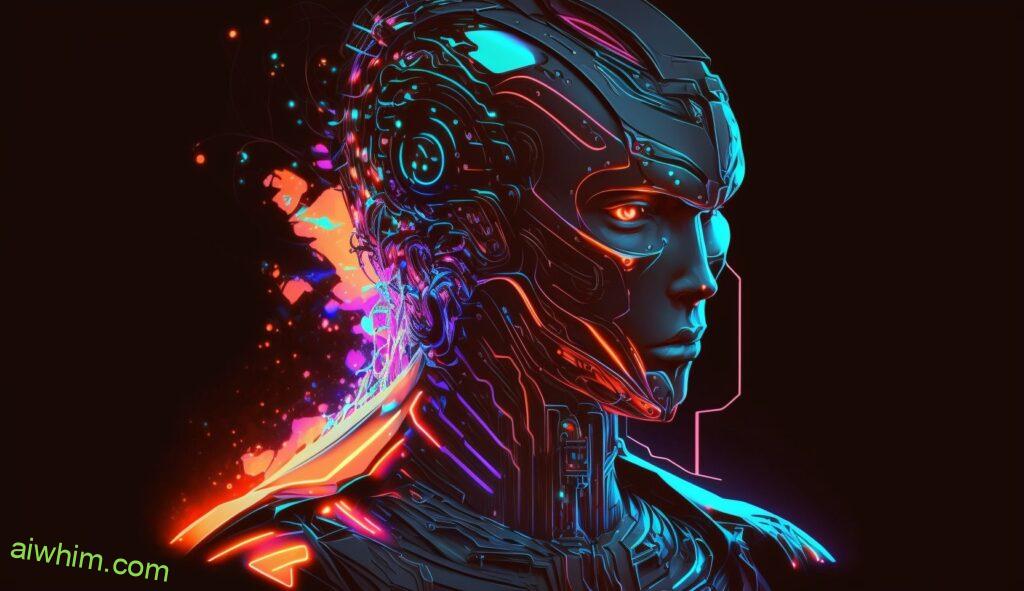
Security Concerns With AI In Computer Programming
As AI technology advances, many people are asking whether their job is at risk from a potential takeover by machines. With computer programming specifically, the security of these systems and data must be considered before any automation can take place. There is no doubt that AI offers tremendous benefits in terms of speed and accuracy, but it also poses certain risks when it comes to safety and privacy.
The first concern with introducing AI into computer programs is its ability to access sensitive information without proper authorization or authentication. For instance, if an AI system gains unauthorized access to a company’s customer database or financial records, this could lead to serious problems for the business. Therefore, strong measures need to be taken to ensure that only authorized personnel have access to such important data.
In addition to protecting confidential information, there needs to be safeguards against malicious actors who may try and manipulate the AI-driven processes for their own gain. As more automated systems become available, hackers will likely find ways to exploit them for personal profit or other motives. Security measures should be employed throughout the entire development process of artificial intelligence applications so as not detect malicious activity early on and prevent further damage from occurring.
Overall, while incorporating AI into computer programming has numerous advantages over traditional methods, due diligence is needed in order to protect both users and businesses from potential harm associated with inadequate security protections. Without robust security protocols in place, organizations could face significant losses due to cyberattacks or other forms of exploitation enabled by machine learning technologies.

Regulations And Policies Related To AI And Developers
The ever-growing influence of AI on our society is like a driverless car – it’s moving quickly, and it can’t be stopped unless there are regulations in place to control its speed. In the world of computer programming, this means that governments must introduce policies and regulations to protect human jobs from being replaced by AI. Such regulations will help ensure job security for all those involved in computer programming.
One way these regulations could work is by implementing workforce restrictions; if AI takes over a certain percentage of roles within an industry or company, then additional personnel should be hired to make up for any job losses caused by automation. This would allow skilled professionals with expertise in coding and software development to remain employed while also ensuring that new opportunities are available for aspiring programmers.
In addition to workforce restrictions, other policy implementation measures need to be taken into consideration when discussing the impact of AI on employment prospects. For example, companies may need to invest more resources into training existing staff members so they can transition into higher paying positions as technology advances. Furthermore, government incentives such as tax breaks can encourage businesses to retain employees rather than replacing them with automated systems.
These measures have been put in place around the world, yet much still needs to be done in order to guarantee job security for computer programmers everywhere. The key is finding the right balance between allowing technological advancements while simultaneously protecting workers’ rights so everyone has access to meaningful employment opportunities regardless of their profession.

Benefits For Programmers Working With AI Systems
AI-programming offers an abundance of benefits for computer programmers. In this digital age, individuals with the right skills can take advantage of automation advantages and stay ahead of their competition. Here are some of the perks that come from working with AI systems:
- Greater Efficiency – Programmers using AI tools have the ability to automate mundane tasks, making it easier to complete projects quickly. This frees up more time for creative problem solving and experimentation.
- Increased Productivity – Automation allows programmers to focus on higher priority tasks rather than spending hours manually coding basic functions. This enhances productivity levels which leads to increased job satisfaction.
- Enhanced Job Security – Working with AI means staying current in a rapidly changing field. With modern programming knowledge and experience, computer programmers can remain competitive even as other jobs become displaced by automation.
By learning new technologies such as machine learning and deep learning, computer programmers can ensure they won’t miss out on opportunities within this ever-evolving industry. Programs like those offered at Udacity offer comprehensive courses designed specifically to help people develop these much needed skillsets for the future job market demands. Taking advantage of training now will give any programmer a leg up when competing against others in today’s highly automated world.

Ethical Considerations In Integrating AI Into The Workforce
Having discussed the various benefits for programmers working with AI systems, it is now essential to consider the ethical implications of integrating this technology into the workforce. This topic warrants attention due to the human cost that could be associated with decisions made by an AI system.
The challenge lies in understanding how to incorporate AI ethically into a workplace setting. It’s important to recognize any potential challenges and risks posed by such an integration. For instance, what are the workforce implications if humans are replaced by AI? How should we account for any bias or errors made by algorithms? These questions must be thoughtfully considered when introducing artificial intelligence into any organization.
Fortunately, there have been some promising efforts towards addressing these issues. Organizations like OpenAI have created standards and guidelines which can help ensure responsible use of AI in businesses. Additionally, more companies are investing in research initiatives that focus on creating solutions to existing problems surrounding AI ethics. Yet despite these positive developments, much work remains in order to protect workers from possible harm caused by automation technologies.
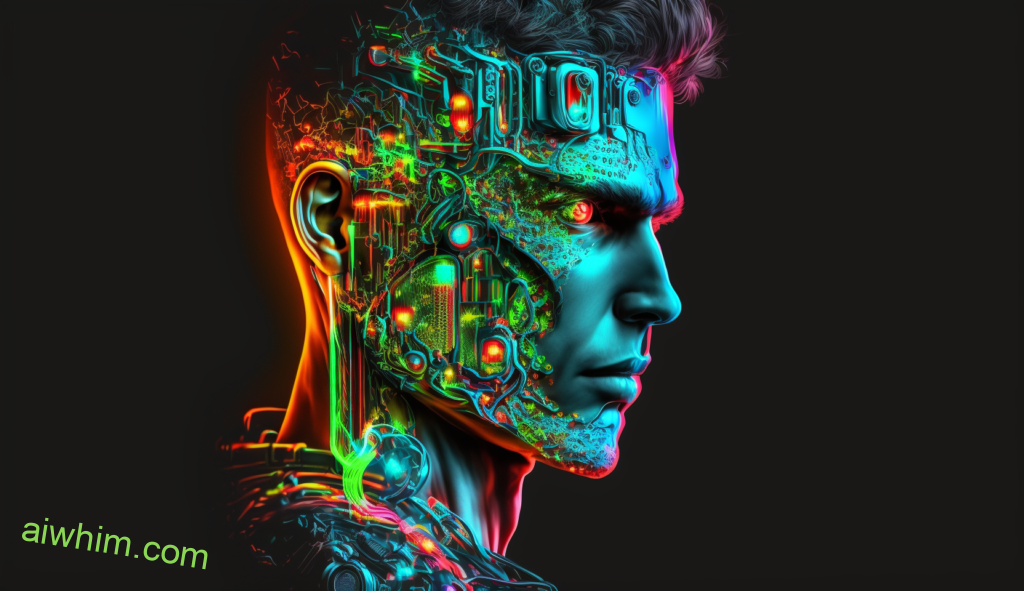
Predicted Future Of Artificial Intelligence And Coders
The predicted future of Artificial Intelligence (AI) is both exciting and uncertain. AI automation promises to be an incredible boon for humanity, but it also carries risks that can’t be ignored. As computer programming jobs become increasingly automated with the help of AI technology, there’s a real risk that people in these positions will no longer be needed. To protect against this displacement, governments may need to step in with regulations or ethical guidelines related to AI security and use.
These regulations could include restrictions on how businesses use AI-driven technologies, as well as laws about data privacy and information sharing between companies. This would ensure that employment opportunities are not taken away from individuals due to increased automation enabled by AI technology. Additionally, such measures might avoid economic damage caused by malicious actors exploiting AI-based systems for financial gain or other nefarious purposes.
Given the potential implications of widespread use of artificial intelligence, it is essential that we move forward cautiously and thoughtfully when considering its implementation. It’s important to analyze both the short-term benefits and long-term consequences before fully embracing any kind of new technological advancement so as not to inadvertently create more problems than solutions. With careful consideration and appropriate safeguards in place, we can ensure that our society reaps all the rewards offered by advances in AI while minimizing any possible dangers associated with them.
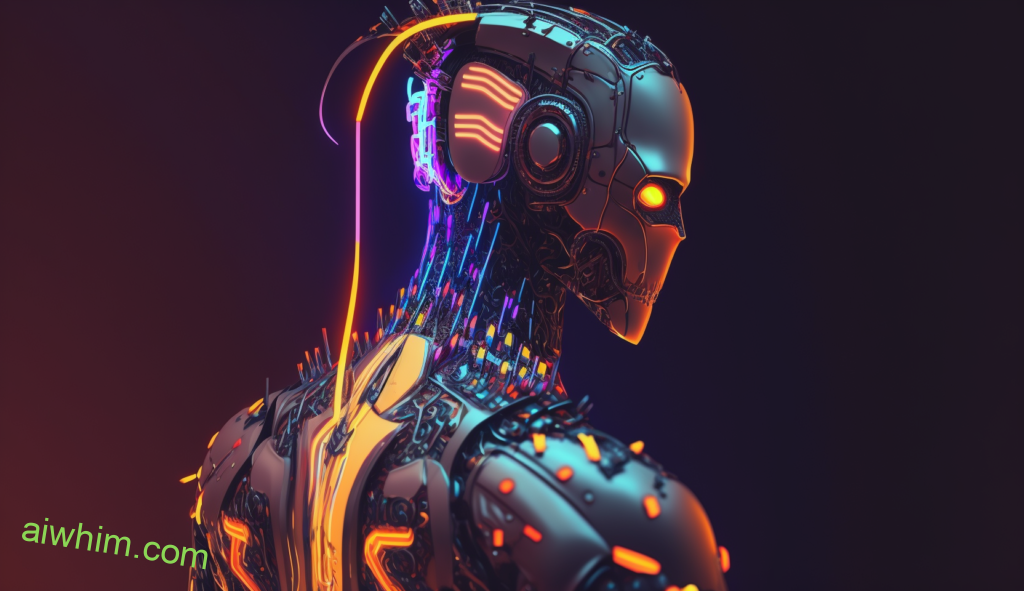
Preparing For Possible Job Displacement
Recent studies reveal that by 2030, AI automation could replace up to 30% of the world’s workforce – a scary thought for computer programmers. We live in an increasingly digital age where advancements in artificial intelligence and robotics are happening at breakneck speed, raising serious questions about job displacement and security concerns. It’s understandable for those working in tech industries to be concerned about being replaced by AI technology; however, there are measures we can take as individuals to prepare ourselves for this potential reality.
The first step is to stay informed on emergent trends and developments within your industry. Keeping abreast of new technologies will help you remain competitive with changing times and increase the likelihood of securing future employment opportunities. Additionally, it’s essential to continually expand your skillset through learning new programming languages or frameworks so that you don’t become stuck in one area. You may even want to consider diversifying into other areas such as data science or machine learning which are becoming increasingly sought after due to their applications across various sectors like finance and healthcare.
On top of honing technical abilities, ethical considerations must also be taken into account when dealing with AI automation. Creating safeguards against bias and ensuring responsible use of automated systems requires thoughtful analysis from all stakeholders involved – not just developers but policy makers too. This means educating yourself on emerging ethical dilemmas surrounding AI technology and participating in conversations around its implications for society more broadly.
As much uncertainty lies ahead regarding how the rise of AI automation will affect jobs and lives, it’s important to remain vigilant while preparing for possible job displacement over time. With adequate knowledge, skill building initiatives, and a sense of moral responsibility employed together there is still hope programmers won’t have to worry anytime soon about robots taking away their livelihoods.
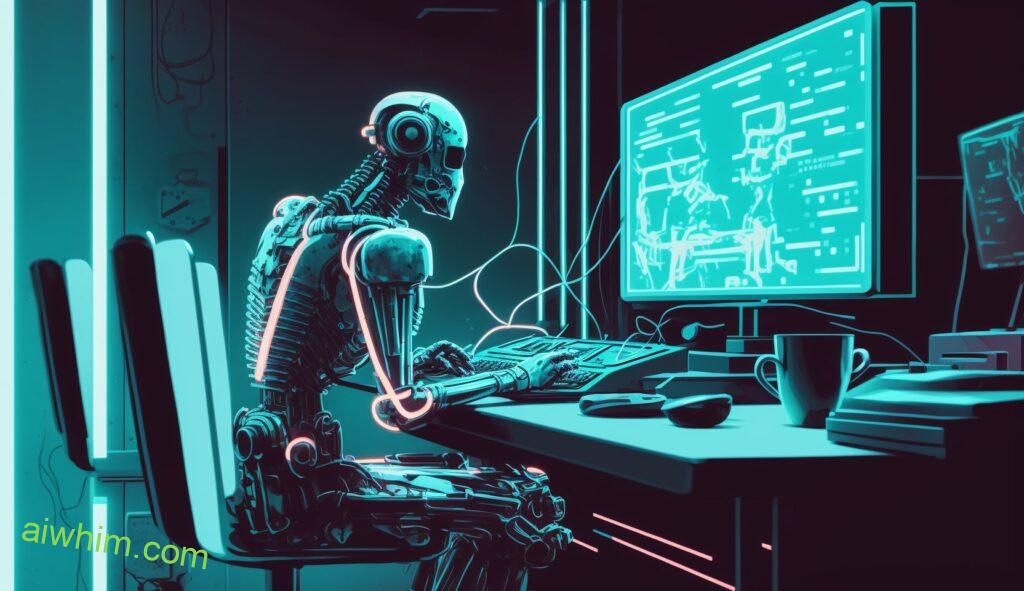
How To Make Yourself More Marketable In An Automated Era
As automation continues to encroach on the job market, computer programmers must be proactive in preparing for potential displacement. With machine learning and data science becoming increasingly important in the tech industry, one of the best ways a programmer can ensure they stay ahead is by improving their coding skills. Learning new programming languages and frameworks will make you more attractive as an employee or contractor, while also giving you a competitive edge over other applicants. Additionally, brushing up your knowledge on digital marketing strategies could help secure freelance gigs that may not require as much technical know-how.
Aside from honing your professional skillset, it’s just as important to optimize yourself for the job search process itself. Investing time into creating an effective resume and portfolio website can give prospective employers confidence in your abilities and earn you attention among recruiters. You should also develop relationships with people who have inside access in various industries so that when jobs become available, you’re first at the door knocking. Finally, don’t forget to sharpen your interviewing skills; practice makes perfect!
If done correctly, these steps will increase your chances of getting hired in this ever changing landscape — no matter if AI has taken over or not. Making sure that you are well-rounded professionally gives you options and increases your visibility within the talent pool; something any successful programmer should strive for!
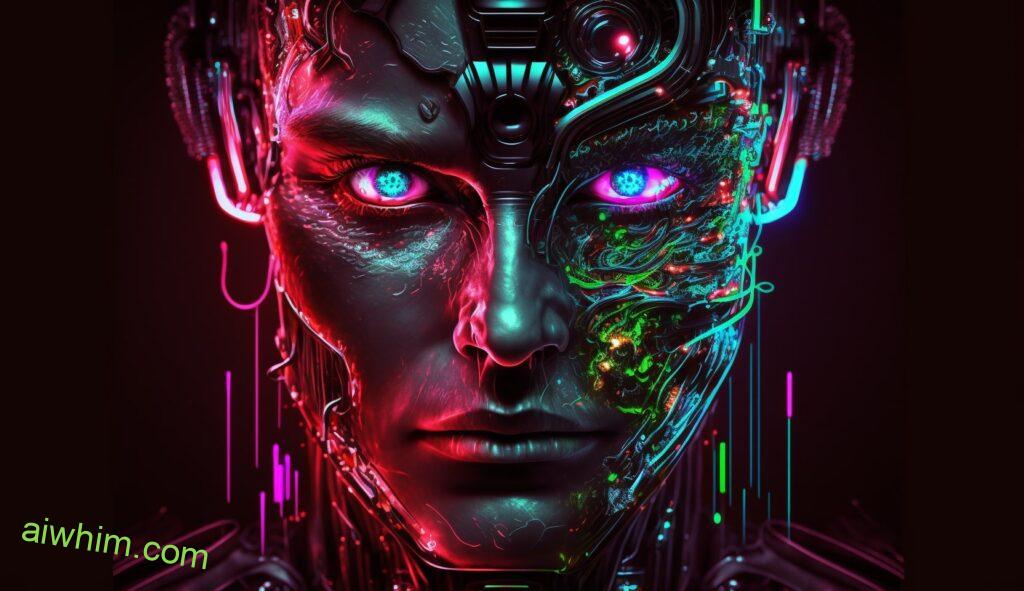
Final Verdict
In conclusion, it is clear that AI has the potential to automate certain aspects of computer programming and thus displace some human jobs. As a result, computer programmers must be prepared for possible displacement in order to remain competitive in an automated world. It’s important to remember that ‘knowledge is power’ – staying up-to-date on the latest trends and technologies can help keep your skills relevant even as automation becomes more prevalent.
Additionally, I would suggest developing interpersonal skills such as communication and problem solving so you can offer value beyond just technical expertise. By doing these things, current and aspiring computer programmers will be better equipped to handle any changes related to artificial intelligence that may arise in their field.
Author: Ole Paulson
Author Bio: I’m Ole and on this website, I share everything there is to know about Artificial Intelligence, and useful tips for using AI to our advantage. I have a background in data science and research and have been following the AI-space for years. You can read more about me in the “About” page.



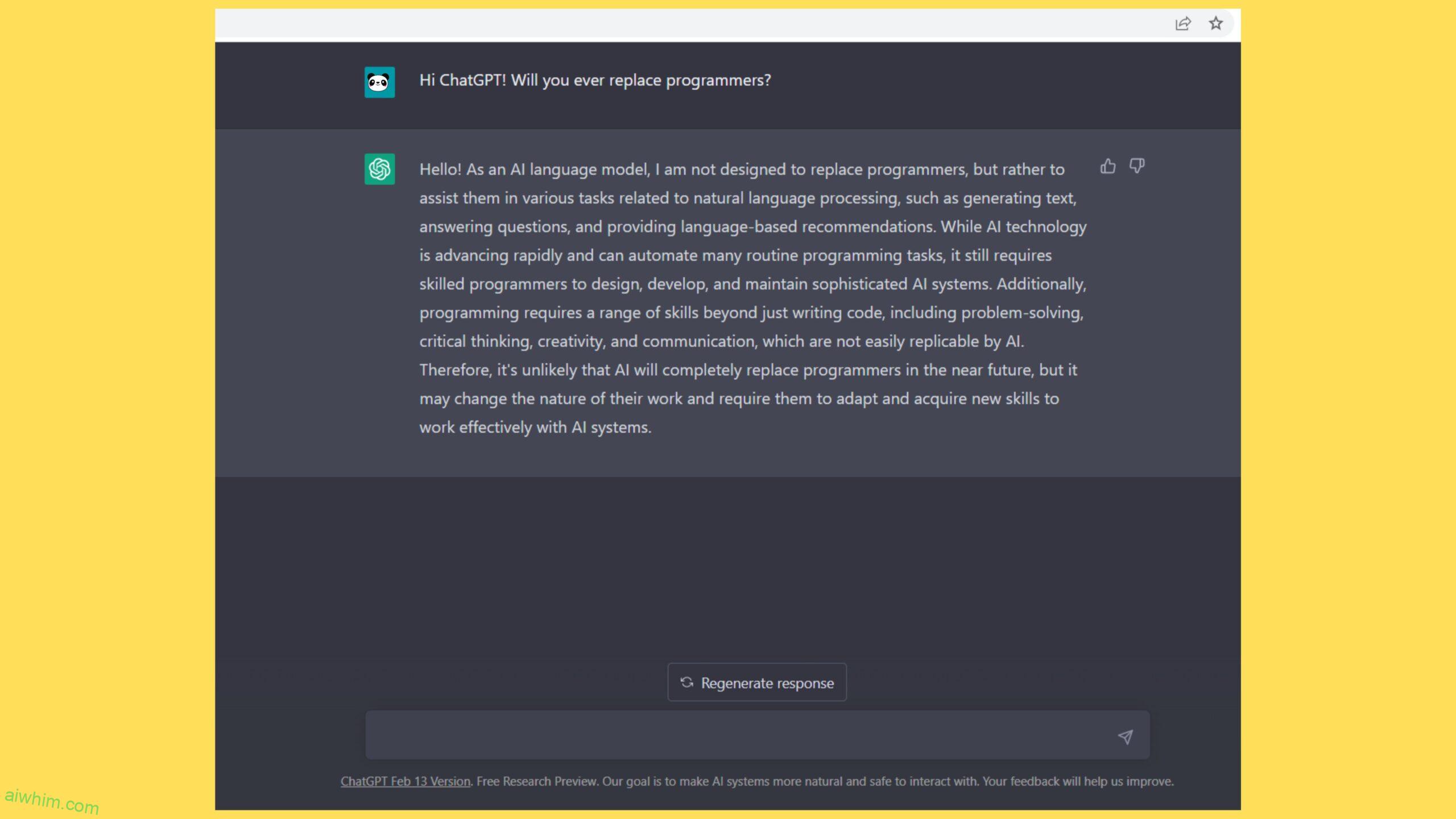




I pay a visit each day a few blogs and sites to read articles, but this web site presents
feature based writing.
Thanks!
My family members all the time say that I am wasting my time here
at net, but I know I am getting knowledge everyday by reading such pleasant articles.